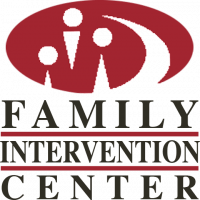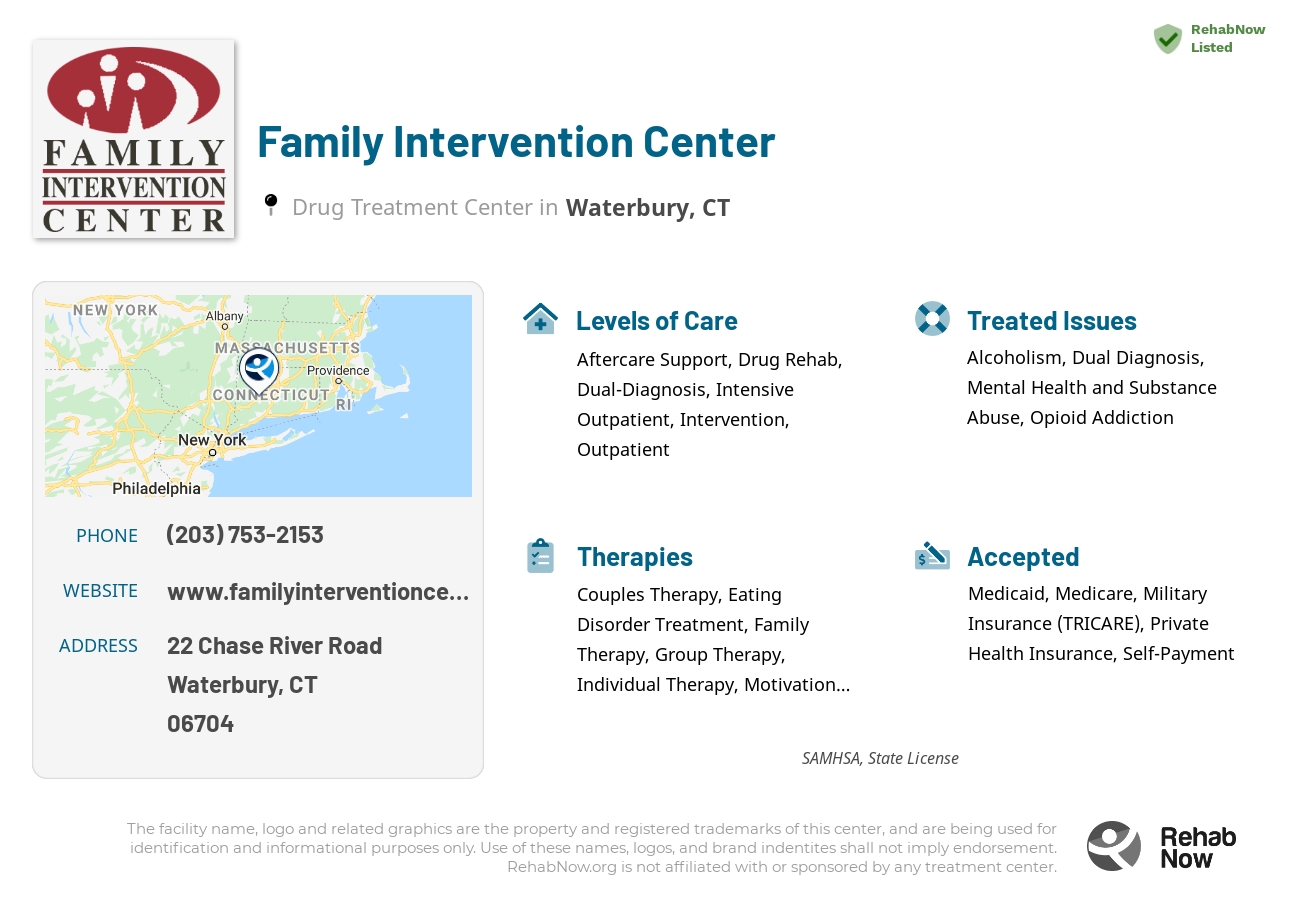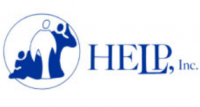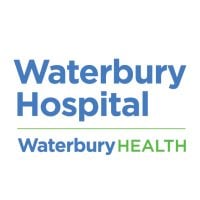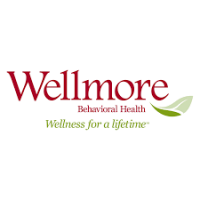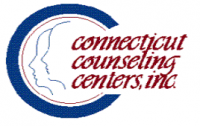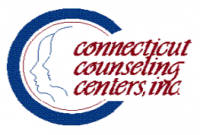Family Intervention Center
Drug Rehab Center in Waterbury, Connecticut
The Family Intervention Center in Waterbury, Connecticut is an outpatient substance abuse treatment facility that offers evidence-based care, individualized treatment plans, and comprehensive services to individuals and families struggling with addiction, including counseling, crisis intervention, relapse prevention, and specialized programming for co-occurring disorders, all with a focus on ongoing quality improvement and community engagement.
About Family Intervention Center in Connecticut
Family Intervention Center in Waterbury, Connecticut is an outpatient substance abuse treatment facility that provides evidence-based care to those struggling with addiction and substance abuse. The center is committed to providing an individualized and comprehensive program of recovery that includes mental health and substance abuse services, education, contemporary relapse prevention, and aftercare. The facility also offers wrap-around and recovery-oriented services to create a comprehensive, integrated approach to care that helps each individual and family move towards recovery.
Family Intervention Center offers a number of services to help individuals and families with addiction and substance abuse. These services include individual counseling, group counseling, family counseling, 24-hour crisis intervention, relapse prevention, and specialized programming for co-occurring disorders. To ensure the best treatment, the center provides clients with assessments, individualized treatment planning, and individualized recovery plans. Additionally, the center offers an array of evidence-based practices, including cognitive-behavioral therapy, motivational interviewing, functional family therapy, and bio-psychosocial assessments.
Family Intervention Center is dedicated to providing quality care to those in need and is accredited by the Joint Commission. The center is also certified to provide medication-assisted treatment (MAT) and is registered with the Connecticut Department of Mental Health and Addiction Services. To ensure the highest quality of care, the center also utilizes clinical supervision and staff development, as well as continuous quality improvement. The facility also works with local schools and universities to help spread awareness and knowledge about addiction and how to access resources.
Genders
Ages
Modality
Additional
Accreditations
State License
SAMHSA
Conditions and Issues Treated
Opioid addiction has become a significant health problem in the United States. When a person’s life becomes unmanageable because of an opioid addiction, treatment can help them get sober. Treatment includes medical care and counseling.
“With so many people struggling with opioid addiction, we need more care and attention for those who want to quit. Opioid addicts often take opioids when they experience a painful injury – that’s how the cycle starts! When someone begins taking their medication differently than prescribed or takes an excessive amount of drugs, it means they’re hooked on drugs and in danger of overdosing.
The most successful way to beat this is through detoxing from these types treatments at Family Intervention Center in . Most facilities start by using medical support during the process while providing counseling services; rehabilitation comes later on after treatment has been completed successfully.
A “dual diagnosis” is when the individual has two medical issues at the same time. The top co-occurring mental disorders with addiction are depression, anxiety, ADHD, bi-polar disorder. Addiction is also considered a mental illness that is not a choice but rather a medical condition. Addiction can be caused by any number of underlying issues.
Dual diagnosis is provided by Family Intervention Center to treat addictive tendencies as well as any untreated mental illnesses. This ensures successful long term health and recovery for patients after treatment has been completed.
Dual diagnosis is provided by Family Intervention Center to treat addictive tendencies as well as any untreated mental illnesses for people in Connecticut. This ensures successful long term health and recovery for patients after treatment has been completed.Levels of Care Offered
This center offers a variety of custom treatment tailored to individual recovery. Currently available are Aftercare Support, Drug Rehab, Dual-Diagnosis, Intensive Outpatient, Intervention, Outpatient, with additional therapies available as listed below.
Outpatient addiction treatment is beneficial for people who are able to function well in their day-to-day lives. It is recommended for people who are not yet ready to end their relationships with friends or family members who might be encouraging drug and alcohol use.
Intensive outpatient treatment is beneficial for:
- People who are able to attend treatment more than 3 times per week.
- People who do not meet the criteria for inpatient treatment.
- People who are able to contribute to their own recovery outside of the treatment center.
- People who are motivated towards recovery.
- People who are able to overcome addiction on their own without the need for higher levels of care.
Outpatient programs at Family Intervention Center, the Waterbury resident can live with their family while continuing with their job or studies. Treatment includes educating the patient on drug abuse, medications, and counseling sessions at the individual or group level. Outpatient treatment plans cover diagnosis, detoxification, management, and counseling. They are a popular option for those who have graduated from inpatient facilities.
Interventionism is a technique used to help an addict get clean and sober. The process begins with the addict’s family, friends, and co-workers gathering together to confront the addict about their addiction. This often happens when the addict is in the middle of a particularly bad bout of drug abuse.
The addict’s friends and family members are encouraged to share their feelings about the addict’s behavior with them, as well as what it’s doing to the addict and their loved ones. At first, the addict is typically resistant to this form of treatment because they feel it’s an intrusion on their private life. They may be upset or even angry at the interventionist for orchestrating this meeting. Over time, though, most addicts come to understand that their loved ones are only trying to help them.
During the intervention, the addict’s family and friends are encouraged to tell the addict how their drug use has affected their lives. The interventionist is there to help everyone organize their thoughts and communicate their message. They also help to ensure that the conversation doesn’t become aggressive or combative, which could put the addict on the defensive and make them reject the intervention.
This kind of treatment aims to get the addict in touch with their feelings about their addiction. They are encouraged to speak honestly about their drug use, as well as how it’s making them feel. They’re also asked to consider the consequences of their drug use and how it’s hurting their loved ones. The addict is allowed to see how their addiction has become a problem for everyone around them.
Without aftercare support, addicts can easily relapse back into addiction. It is crucial to integrate the addict back into society. Aftercare support should take place after outpatient treatment has ended.
There are a few different types of aftercare support that patients can seek after completing an inpatient treatment program:
- 12 Step Self-help groups (AA, NA)
- Therapeutic communities,
- Long-term, structured sober living arrangements
- Halfway houses (residential treatment centers)
Many different support groups exist for addicts to seek help after treatment. Some are more effective than others, depending on the person’s addiction, background, and other factors.
Therapies & Programs
Individual therapy is a form of counseling where you meet with a trained professional one-on-one. Meeting with a therapist in this setting allows for a personal and trusting relationship to be built. This allows the patient to open up about sensitive or private issues they may not feel comfortable discussing in a group. Individual therapy helps identify the root causes of your addiction, which can help prevent relapse.
Couples therapy for drug addiction is a unique form of therapy that allows family members to work through the emotional issues of their loved one’s addiction together. Family members can support each other while learning how to cope with the addiction and encourage healthy changes. The two will work with a therapist to learn how the addiction affects themselves and the relationship.
Family therapy is often done alongside drug treatment to help addicts stay sober. The goal of family therapy for drug addiction is to create an environment where communication can happen without judgment, hostility, or blame. The therapist will sit with the family so they can learn how to communicate differently and provide new tools for dealing with emotions so that people don’t want to drink or do drugs. It’s important for families to focus on relapse prevention plans during treatment so that if the addict feels like they want to use again, they’ll know what steps they need to take together to prevent it from happening again in the future.
Group therapy sessions are another common addiction recovery service. These group sessions typically involve six to 12 addicts who meet regularly with a trained professional for support and guidance.
During these sessions, the group shares their experiences with one another and provides feedback that can help each member avoid relapse or overcome specific obstacles they are facing in their recovery process. With this type of support and guidance, addicts can feel like they are part of a community that understands their struggles and will help them get through the hard times.
Many people struggling with drug addiction have experienced some form of trauma in their lives. It is crucial that these individuals seek out professional help; otherwise, their drug abuse and addiction will likely continue.
Therapists and counselors at drug treatment centers employ several treatment programs to help people struggling with drug addiction, including trauma therapy. Trauma therapy helps people dealing with addiction by allowing them to confront the traumas of their past and move past them.
It is important to note that trauma therapy should not be confused with PTSD (post-traumatic stress disorder). Rather, it is used to treat the effects of trauma, which are often at the root of addiction.
Cognitive Behavioral Therapy (CBT) focuses on the underlying thoughts and behaviors that caused the problem of addiction in the first place and may cause a relapse. Negative feelings are common in drug abuse disorders, but they can lead to co-occurring disorders if not recognized. CBT involves strategies that help to change the behavior pattern by restructuring negative thoughts into positive ones. It helps to remove these feelings, and it provides long-term benefits. Also, CBT promotes self-awareness and self-control. It can be administered as a monotherapy or as part of combination therapy.
CBT can improve the patient’s mood, reduce drug cravings and boost success rates on treatment plans. Regular practice can help individuals handle negative attitudes, thoughts, and feelings without turning to drugs or alcohol. The core belief of Cognitive Behavioral Therapy (CBT) is that one’s moods, behaviors, and actions are all connected. Individuals can improve their quality of life using CBT. It helps addicts understand the patterns of thought and feelings that cause them to use drugs or alcohol and develop a healthy response.
This type of therapy can help addicts get in touch with their emotions without feeling overwhelmed by them. It also allows the addict to develop strategies for coping with negative feelings that might trigger cravings or lead to relapse.
During these sessions, addicts will learn how to recognize and manage their cravings while developing an action plan for dealing with stress and other triggers. Combining the coping strategies learned in these sessions with ongoing therapy can help addicts lead a stable and healthy lifestyle that is free from addiction.
These types of therapy sessions provide several benefits to people dealing with addiction. By providing a safe environment for addicts to discuss their feelings, therapists can identify the issues that trigger cravings and work with addicts to develop strategies for avoiding relapse.
Payment Options Accepted
For specific insurance or payment methods please contact us.
Is your insurance accepted?
Ask an expert, call (888) 674-0062
Additional Details
Specifics, location, and helpful extra information.
Waterbury, Connecticut 6704 Phone Number(203) 753-2153 Meta DetailsUpdated November 25, 2023
Staff Verified
Family Intervention Center Patient Reviews
There are no reviews yet. Be the first one to write one.
Waterbury, Connecticut Addiction Information
Connecticut has a higher rate of substance abuse and addiction than the national average. The state ranks in the top 10 in the country for illicit drug dependence among those ages 18 to 25. In 2010, there were 9,211 people admitted to an alcohol treatment facility for alcohol abuse combined with a secondary drug. Connecticut ranked fifth in the United States of America for the number of fatalities involving drunk driving in 2014.
Waterbury, CT is a community that has been deeply affected by drug addiction and abuse. In 2019, there were 1,496 reported cases of drug abuse and addiction. In Waterbury, there were 112 overdose deaths in 2016, which is a rate of 24.8 deaths per 100,000 people. The most commonly abused drugs in Waterbury are heroin and cocaine. The city has established several initiatives to help residents get treatment services.
Treatment in Nearby Cities
- Jewett City, CT (55.4 mi.)
- Ridgefield, CT (31.1 mi.)
- Dayville, CT (62.8 mi.)
- Woodstock, CT (61.0 mi.)
- Stamford, CT (44.6 mi.)
Centers near Family Intervention Center
The facility name, logo and brand are the property and registered trademarks of Family Intervention Center, and are being used for identification and informational purposes only. Use of these names, logos and brands shall not imply endorsement. RehabNow.org is not affiliated with or sponsored by Family Intervention Center.
